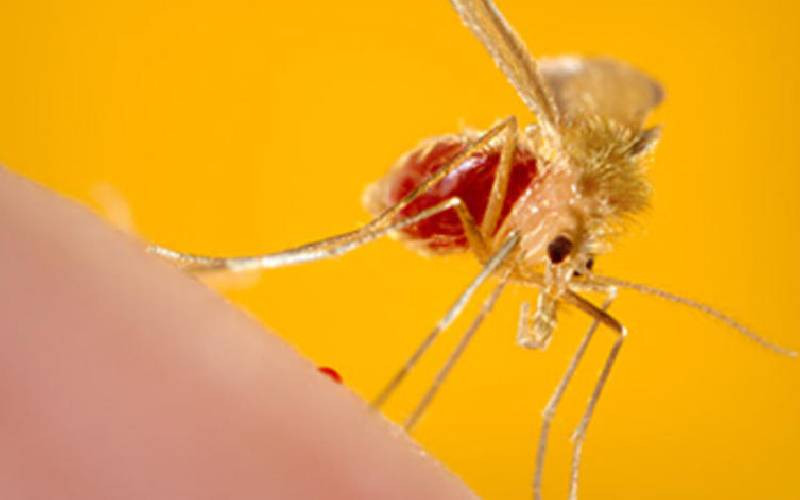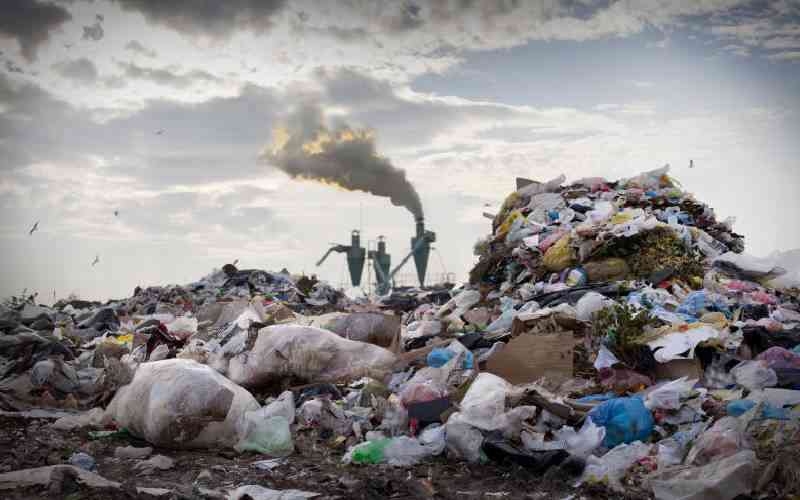Tobacco industry and tobacco control advocates have differed over plans to introduce a new product in the market.
A lobby argues that at a time when cancer is killing 33,000 people annually, according to Kenya’s National Cancer Institute, all forms of tobacco products are dangerous.
Three weeks ago, BAT Kenya announced plans to introduce a new product - nicotine pouches - in the market. The product comes not in form of sticks but sweets which are put in the mouth and absorbed into the body.
While announcing the plans, BAT Kenya’s managing director, Beverly Spencer noted, “It is the smoking and the burning of tobaccothat creates the risks associated with cigarettes, which is why we want to introduce the pouches.”
The company also seeks to reduce the harm which second hand smokers are exposed to.
Spencer also revealed that the company is planning to put up a Sh2.5 billion plant for the project.
But the plans have not gone down well with anti-tobacco advocates who argue that the product is harmful. Kenya Tobacco Control Alliance (KETCA) argues that nicotine pouches have not been proved less risky compared to cigarettes.
BAT Kenya states: “These potentially reduced-risk products include BAT Group’s next generation products, comprising vapour products such as e-cigarettes and tobacco heating products, as well as oral tobacco and nicotine products such as snus and moist snuff.”
Last year, the country recorded 4,351 deaths linked to throat cancer while 4,380 new cases were detected. KETCA suspects that the condition results from tobacco use among other causes.
KETCA chairman Joel Gitali, says despite BAT Kenya’s argument that the products have no tobacco and emit no smoke, they are equally dangerous to human health.
“The company claims it has reduced risks, compared to cigarettes, but it has not publicly produced adequate data to show nicotine pouches are a less risky alternative to cigarettes. In any case, why should Kenyans be subjected to harmful products merely because they are ‘less-harmful’?” Questioned Gitali.
He further urged the government not to license the new product saying it is not an alternative to stopping tobacco use.
Gitali stated, “First, the World Health Organisation makes clear that it does not endorse these products, especially for smoking cessation and argues that at a minimum, these products should be subject to policies that have proven effective in reducing tobacco use, including plain packaging and bans on flavorings.”
The US National Cancer Institute warns that at least 28 chemicals in smokeless tobacco have been found to cause cancer.
The Institute for Legislative Affairs CEO Emma Wanyonyi argues that in an era where cancer is becoming a significant public health burden, causative agents must not be consumed.
 The Standard Group Plc is a multi-media organization with investments in media platforms spanning newspaper print
operations, television, radio broadcasting, digital and online services. The Standard Group is recognized as a
leading multi-media house in Kenya with a key influence in matters of national and international interest.
The Standard Group Plc is a multi-media organization with investments in media platforms spanning newspaper print
operations, television, radio broadcasting, digital and online services. The Standard Group is recognized as a
leading multi-media house in Kenya with a key influence in matters of national and international interest.











